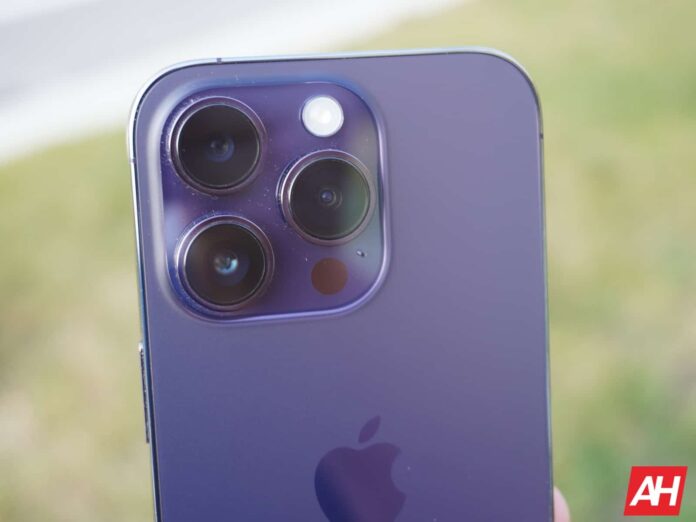[ad_1]
In terms of smartphone sales in Europe, Apple has topped Samsung for the first time in almost two years. For Apple, which has been lagging behind Samsung in the European market for some time, this is a huge turning point. Let’s examine the ramifications for the two tech behemoths and the smartphone market at large.
In the fourth quarter of last year, sales of Samsung smartphones in Europe decreased by 12%. Whereas the sales of iPhones managed to surpass the market. As a result, for the first time in over two years, Apple surpassed Samsung in smartphone exports to Europe.
Industry research firm Canalys reported that Apple managed to eke out a 1% gain, although the European smartphone industry as a whole fell by 3% year over year, with Samsung suffering a far worse blow.
The rise of Apple
According to the most recent analysis from Canalys, smartphone shipments into Europe (except from Russia) decreased by 3% year over year in Q4 2023 to 37.8 million units. After trailing Samsung for seven quarters, Apple regained its top spot in the rankings, increasing 1% annually to reach 12.4 million devices. Furthermore, Samsung shipped 10.8 million devices as the second-place finisher, with a decrease in shipments compared to previous periods. However, consistent shipments of S-series and mid-range A-series devices offset this decrease in sales.
In Q4 2023, premium range smartphones captured a record proportion of the European market. Runar Bjørhovde, a Canalys analyst, reported that 40% of smartphone sales were priced at US$800 or above. “The robust demand for the iPhone 15 Pro, together with steady Galaxy S-series production volumes and a growing Google Pixel, was the primary driver of the high-end’s supremacy.
Canalys believes that this year will see a resurgence of growth in the European smartphone industry because we are currently in the normal upgrade window for handsets purchased during the pandemic.
Challenges faced by Samsung
Despite having dominated the smartphone industry for a long time, Samsung has had difficulties recently, especially in Europe. The growing competition from Chinese companies like Xiaomi, OPPO, and Huawei, who provide premium smartphones at cheaper price points, has been one of Samsung’s main problems. These companies’ quick market share growth in Europe is forcing Samsung to step up its game.
Additionally, a lot of customers believe that Samsung has been playing it safe rather than pushing the frontiers of technology, and the corporation has come under fire for its lack of innovation in recent smartphone models. Customers’ interest in Samsung products has decreased as a result, allowing Apple to swoop in and take a bigger chunk of the market.
The future of the smartphone industry
The change in Apple and Samsung’s market shares in Europe is a sign of more general changes in the smartphone sector. To remain ahead of the curve, IT businesses will need to continuously innovate as the market becomes more competitive and customer preferences change. Apple’s return to the top of the European market indicates that its emphasis on design, innovation, and user experience has paid off and given it a competitive edge over its rivals.
As time goes on, it will be interesting to see how Samsung handles Apple’s competition and whether it can return to its past success in the European market. Fierce competition in the market will bring about disruptions and changes in market dynamics as new smartphone models launch in the smartphone sector.
[ad_2]
Source link
